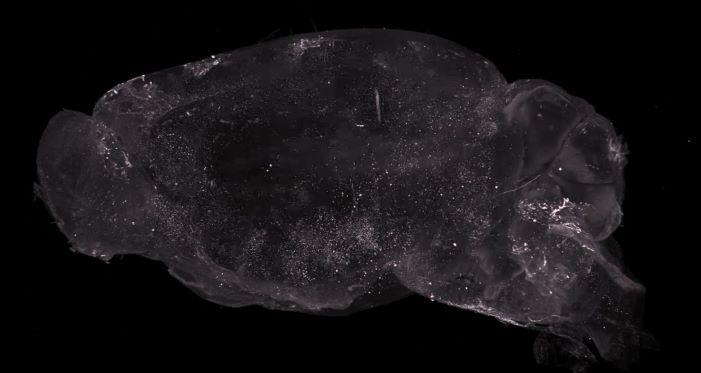Abstract:
Whether to grab a cookie or skilfully play piano, life requires movement. However, movements must first be learned. While it is now understood that learning encompasses distributed circuits, it is unclear how these adapt for skill attainment. We have been exploring two mechanisms which could mediate this process: (1) whether cell types are differentially recruited as learning progresses, and/or (2) whether cell states facilitate the necessary changes for motor learning.
To examine these ideas, we have focused on the primary motor cortex (M1) in mice. We developed a screen to label and molecularly profile active neuronal populations during motor learning and identified several cell types with significant enrichment at different learning stages. We then characterized the specific contribution of one late learning enriched type, the FoxP2+ corticothalamic neurons. An examination of the activity of this population demonstrated that, unlike other M1 neurons that positively correlate with movement, this population is suppressed during movement execution. Furthermore, preventing suppression of these neurons strongly perturbed movement execution, demonstrating the importance of this activity profile within the motor circuit.
My current work is now focused on the learning-induced cell states. By taking a more comprehensive examination of all the transcriptional changes identified in my initial screen, we are classifying differentially expressed genes into cellular pathways in a cell type specific manner. This approach will inform how transcriptional programs could provide a molecular mechanism for the cellular changes underlying motor learning.

Biography:
Lina Marcela Carmona is a postdoctoral research scientist in the lab of Dr. Rui Costa at the Zuckerman Institute at Columbia University. Marcela received her B.A in molecular biology from the University of Pennsylvania. She conducted her doctoral training in the Immunobiology Department at Yale University in the lab of Dr. David Schatz where she focused on the evolutionary history of adaptive immunity. Her work demonstrated a functional relationship between the Recombination Activating Gene (RAG) proteins, key proteins of the adaptive immune system, and an ancient family of transposable elements
As a postdoc and Helen Hay Whitney Fellow, she has sought to delineate cell type and cell state engagement in the primary motor cortex during motor learning. In this work, she has characterized a critical role for corticothalamic neurons of the motor cortex during movement execution. Marcela is now focused on defining the cellular pathways in these neurons which facilitate motor learning. Ultimately, her goal is to delineate the contribution of cell types and cell states engaged throughout the motor system during motor learning and their changes with age.
